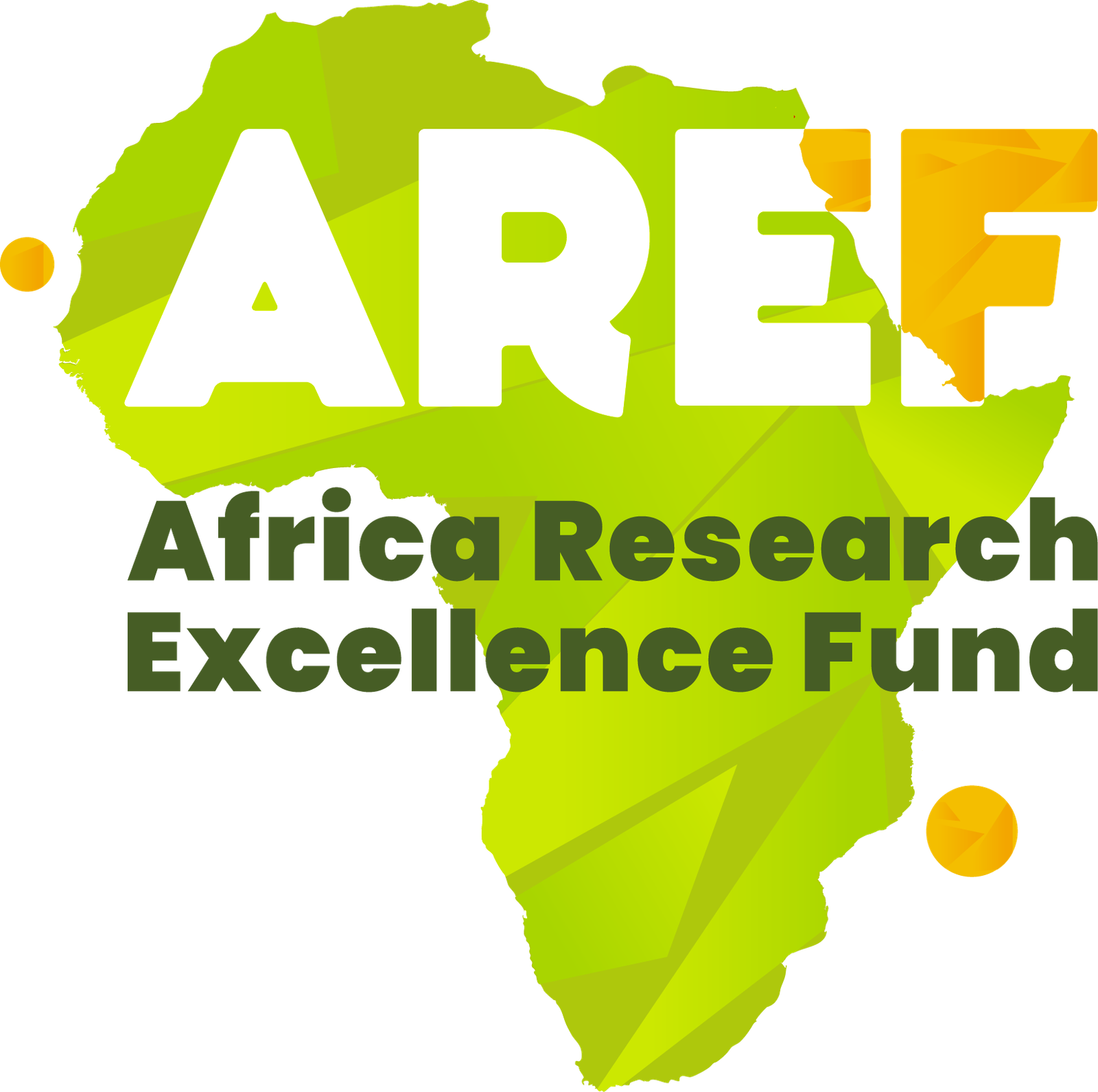Malaria remains a leading cause of childhood illness and death, predominantly in Africa, despite the implementation of extensive control measures. An effective vaccine is a key complementary strategy to ultimately eradicate malaria, over time. In The Gambia, the annual national malaria incidence declined by 70%, from 149 per 1,000 people in 2011 to 44 per 1,000 people in 2022 (PMI.gov).
Research initiatives such as the malaria vaccine trail play an integral role in reducing malaria in The Gambia. Studies show that health education interventions are moderately effective in improving malaria knowledge. (2023 Onyinyechi, Mohd Nazan and Ismail). This justifies the need for further health research in Africa.
Last November, through a three-week Introductory Course in Epidemiology and Medical Statistics (ICEMs course), Africa Research Excellence Fund (AREF) provided two scholarship opportunities for health researchers to learn, elucidate scientific questions, design and reinvent quantitative health data. AREF’s mission is to support a community of health researchers across Africa to become research experts capable of tackling African health challenges.

The course conducted by Medical Research Council Unit (MRC) The Gambia at the London School of Hygiene & Tropical Medicine, aimed at equipping researchers with the skills to utilize measures of disease incidence and underscore the significance of ensuring high-quality measurements in epidemiological studies for disease and exposure status.
Sona Jabang, a higher scientific officer working on Phase 1 B intervention study on Malaria Vaccine trials in The Gambia, was one of the AREF scholars who took part of the course. The scope of her work requires consistence data entry and statistics in her laboratory. The course provided Sona with a broad understanding of data analysis, processing clinical samples, filling crucial gaps in her knowledge.
Sona emphasised the importance of data in her laboratory work especially in her field of work. As an aspiring PhD student, “I expected that the course will guide me in interpreting and generating data, a valuable asset in my field, which was fully met,” said Sona. “This opportunity could not have come at a better time. Going through the course has equipped me with the necessary skill set such as how to perform preliminary analysis on my dataset, better understand scientific papers, ability to design studies, and understand different types of studies and its output.”
AREF continues to affirm its commitment to supporting health researchers like Sona on essential training modules such as the ICEMs course. Bridging gaps, providing tools of crucial gain, building confidence in designing studies with appropriate methodology, and using statistical tool to analyse and interpret data has helped to bridge the gap on research gaps which will aid in finding cures in Africa at large.
As of April 2024, AREF has equipped over 720 health researchers with filling the knowledge gap, thus, improving quality research. It provides an excellent and unique opportunity to boost knowledge for researchers who consider a career in health research. Ultimately, it provides the ability for researchers to transfer the knowledge gained to more junior scientist is the step down and sustainable process we aim to uphold.
END

Notes for Editors
For media inquiries, contact:
Awa L. Jagne, aref@aref-africa.org.uk
Africa Research Excellence Fund
The Africa Research Excellence Fund (AREF) was founded by Professor Sir Tumani Corrah KBE in 2015.
Professor Corrah founded AREF to support the careers of the new generation of African researchers, giving them the stepping stones needed to become outstanding research leaders in their respective fields, ensuring that talent is retained in Africa to address the continent’s unique health research needs.
AREF’s vision is of an inspired, committed, and talented community of researchers in Africa leading world-class research and participating equitably in international research endeavours for health and wellbeing.
###


